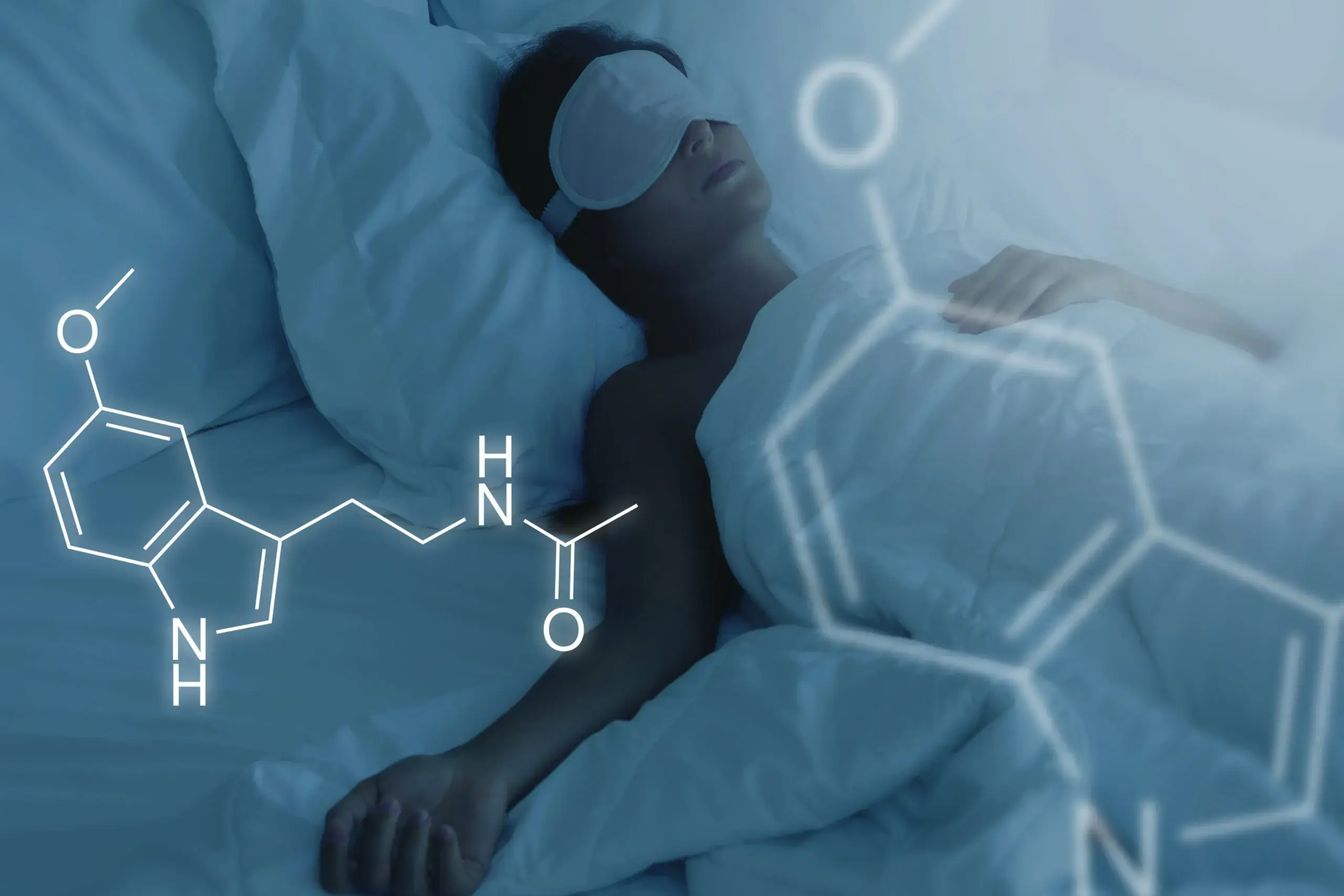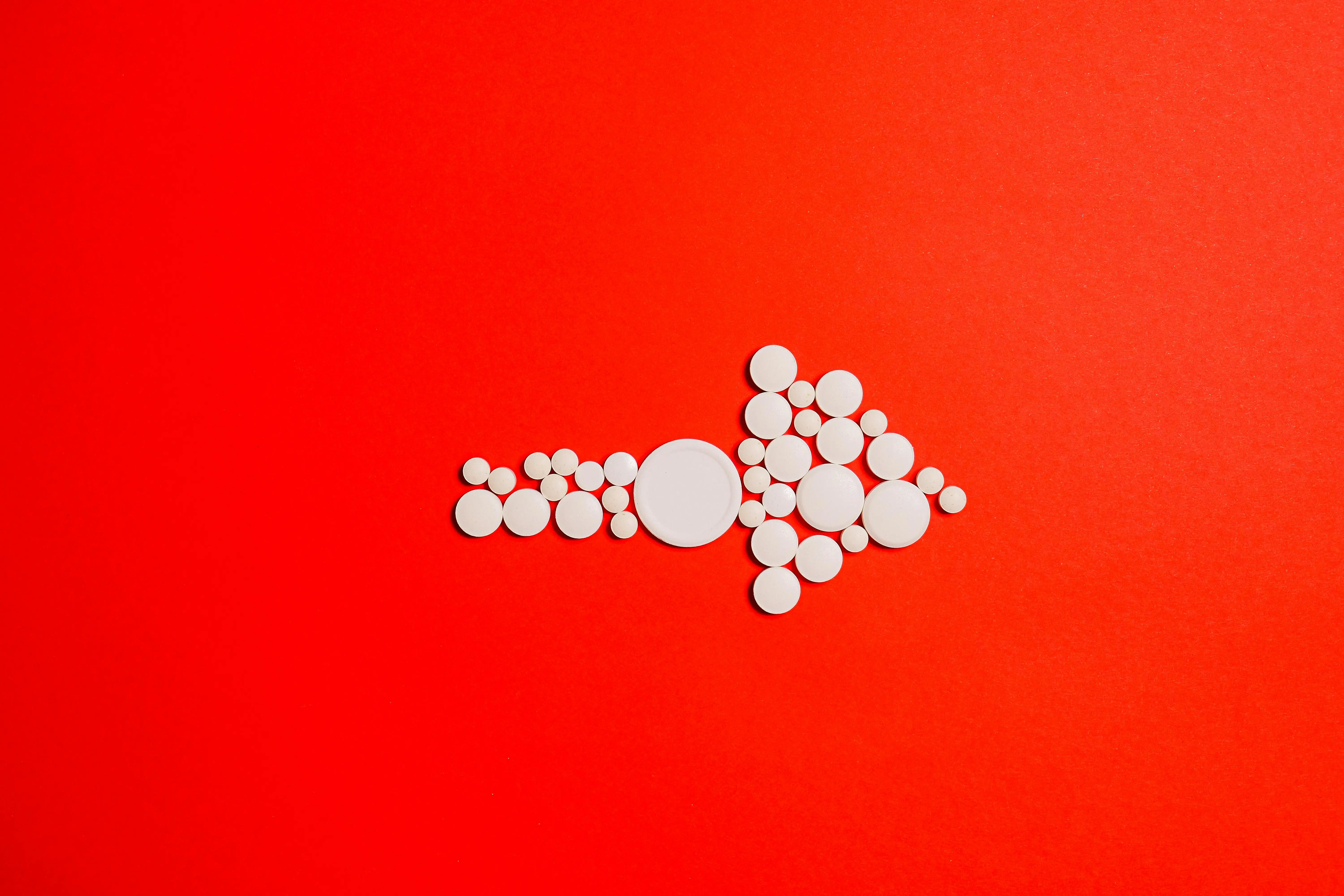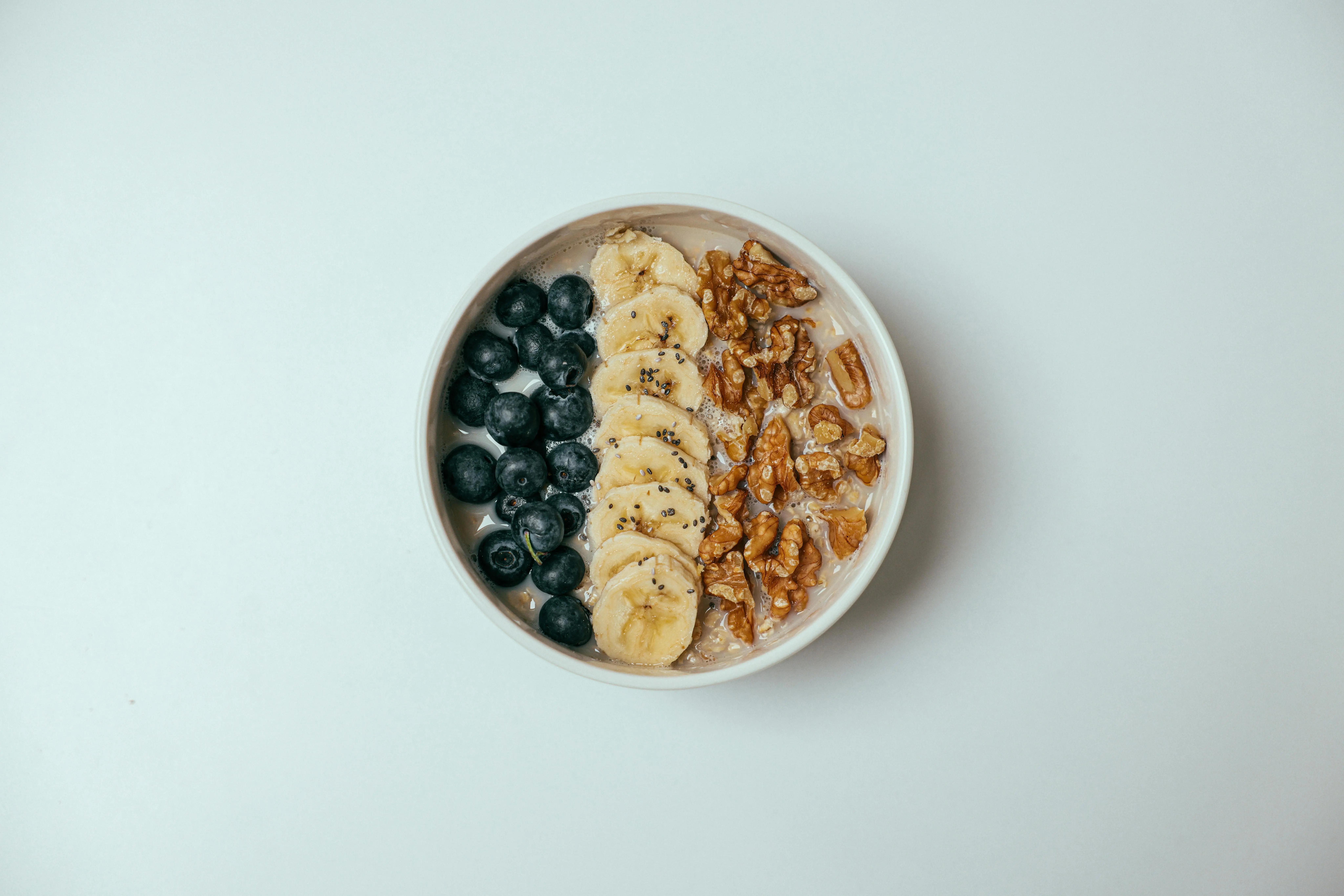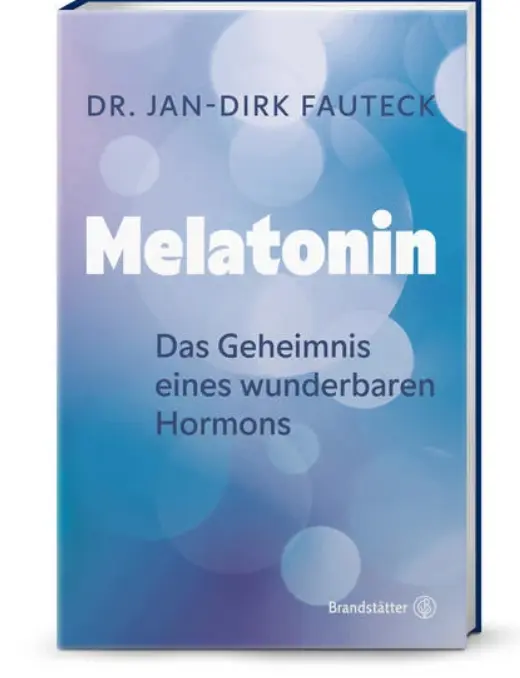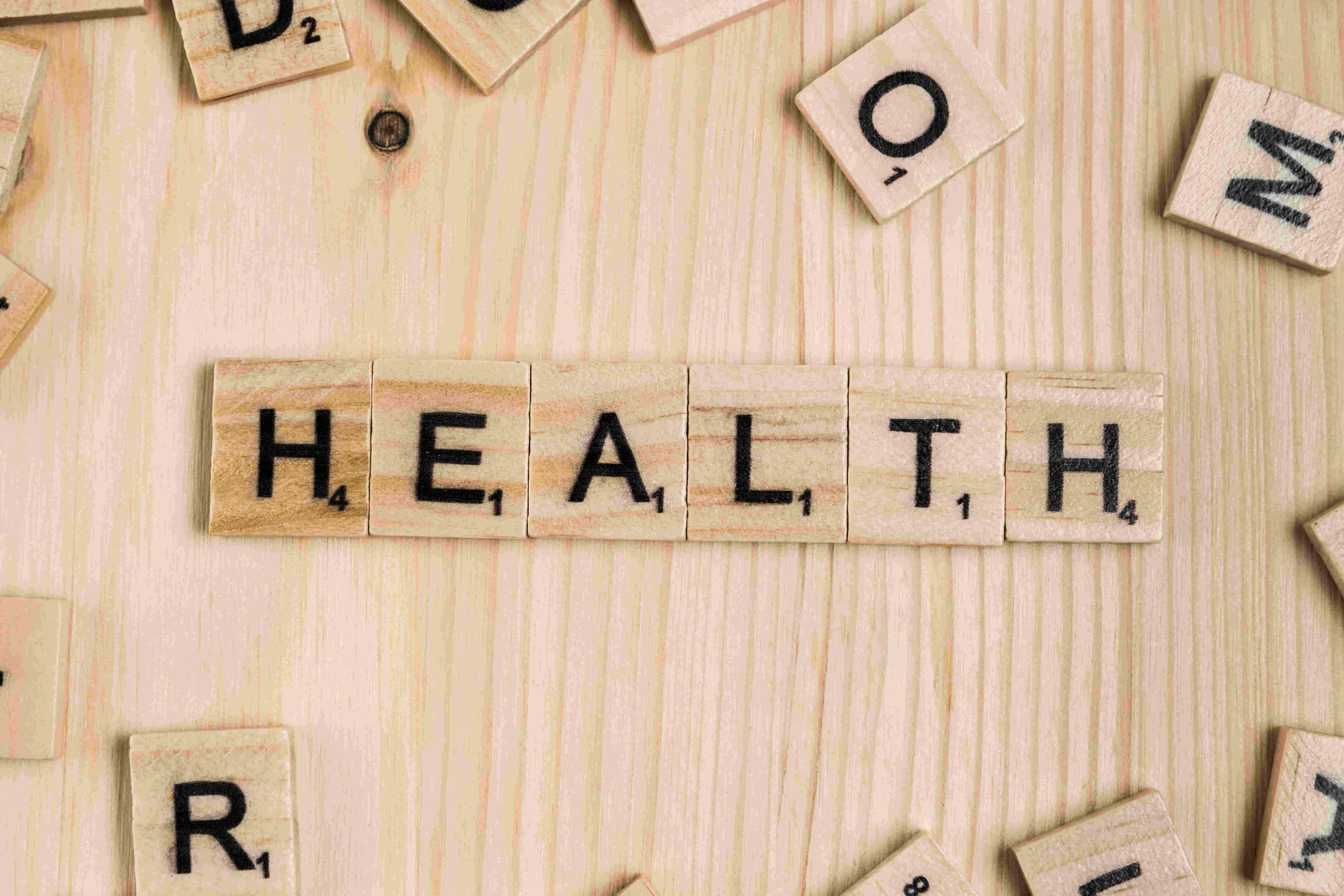Melatonin influences significantly when we become tired. It is considered the pacemaker for our sleep-wake rhythm, because in the evening melatonin ensures that the body shuts down its system and we can sleep. Its natural antagonist is the "stress hormone" cortisol, which puts us in positive stress in the morning and keeps us awake and fit during the day.
What is Melatonin?
Calling melatonin just a sleep hormone sells this hormone, which was only discovered in 1958, far short. The renowned chronobiologist and preventive medicine specialist Dr. Jan-Dirk Fauteck has been researching the role of the internal clock in the human organism for decades. He is convinced that the key to a long healthy life is based on melatonin.
How does melatonin work?
In his book "Melatonin: The Secret of a Wonderful Hormone" he comprehensively describes what this special hormone is all about: In addition to its sleep-supporting effect, melatonin protects our body as a potent antioxidant against free radicals and ensures quality of life and mental fitness even in old age.
It strengthens our immune system, lowers the blood pressure and cholesterol levels, and can help prevent heart disease. Recent studies also demonstrate its excellent effectiveness in the treatment of cancer, dementia, diabetes, eye diseases, or infertility.
